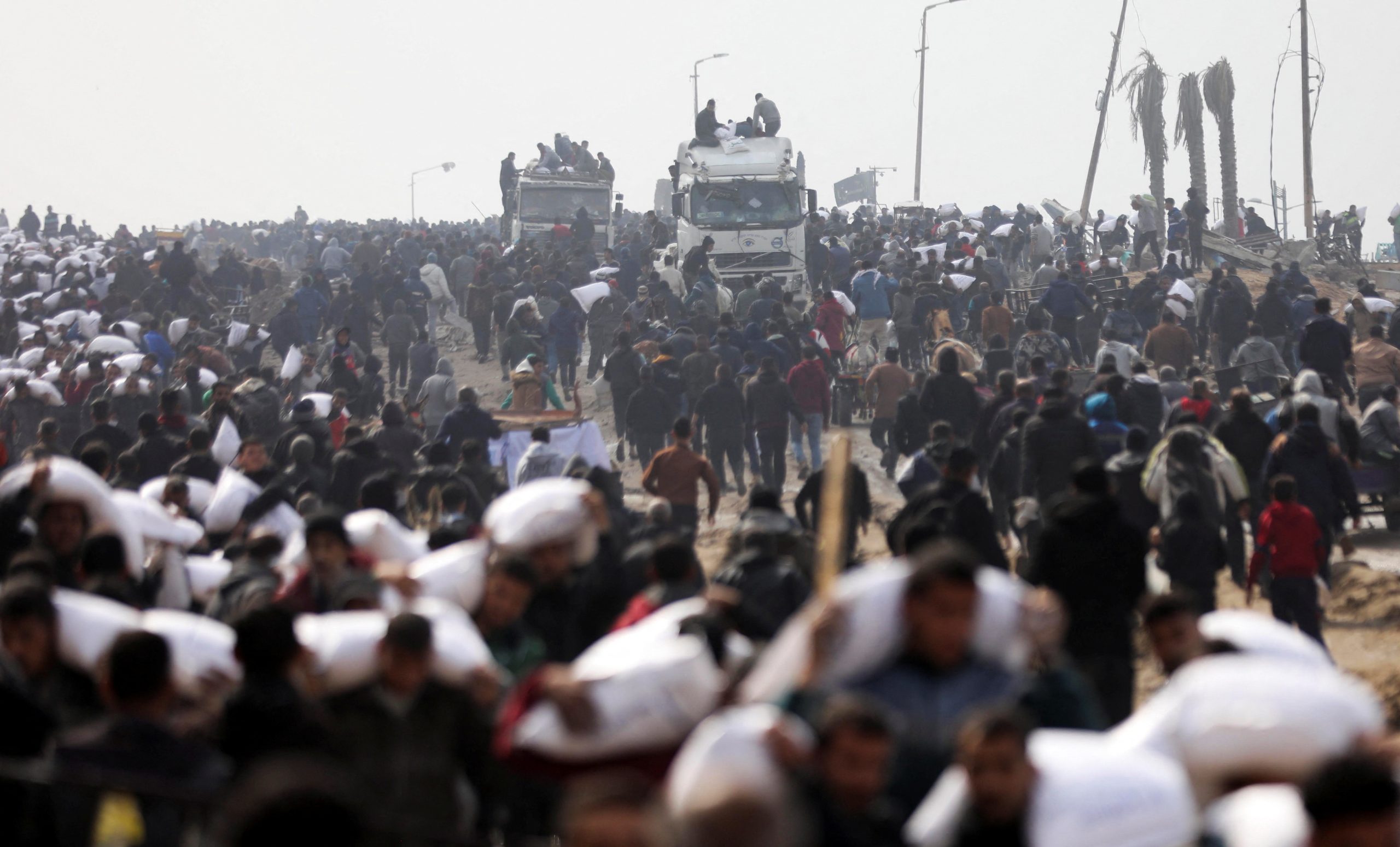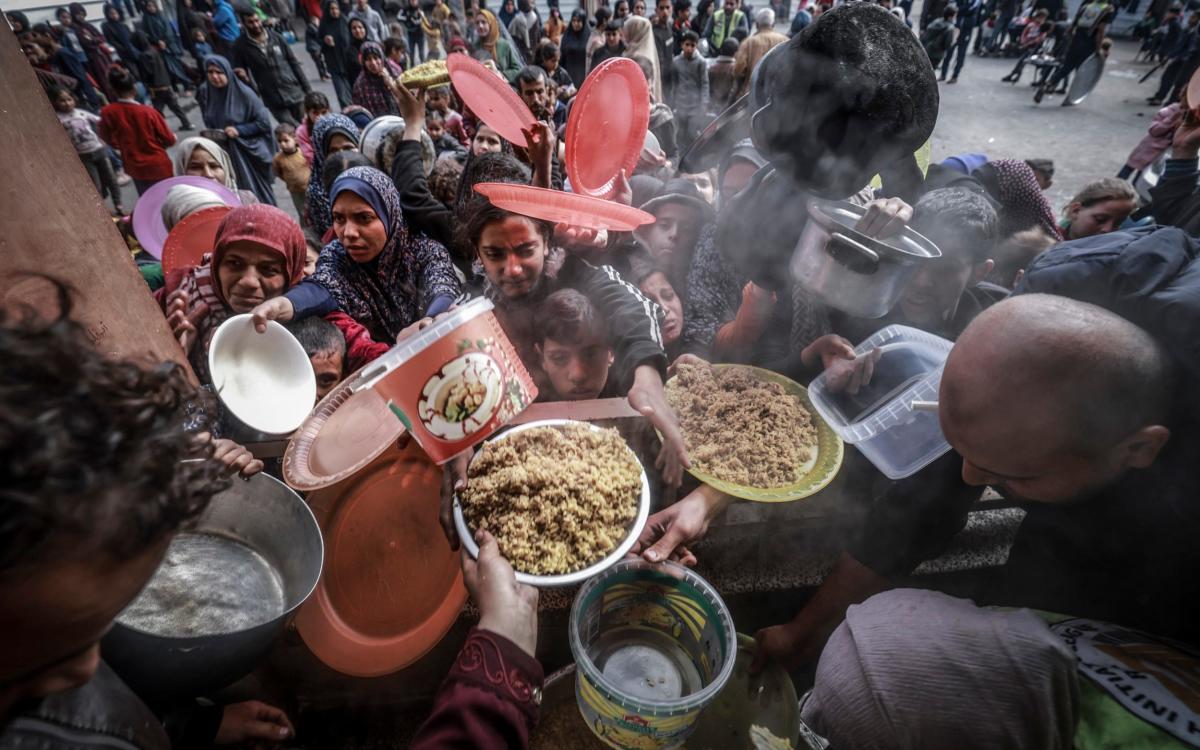The United States has intervened in Israel’s planned invasion of Rafah, stating that it should not proceed given the current circumstances. President Joe Biden is advocating for a United Nations vote on a temporary ceasefire, deviating from the Israeli government’s stance as it gears up for an assault on the city in southern Gaza.
The US has drafted a resolution warning against the serious implications for regional peace and security if a ground offensive into Rafah occurs, emphasizing the need to safeguard the civilians sheltering there, who number over a million.
This shift in the US position at the UN reflects a departure from its initial stance supporting Israel’s right to defend itself. Despite Washington’s two previous vetoes on ceasefire resolutions following Hamas attacks, President Biden has expressed concerns about the safety of civilians in Rafah, hinting at a potential strain in the US-Israel relationship.

US Pushes for UN Ceasefire Amid Israeli Plans for Rafah Invasion (Credits: Reuters)
The US draft resolution, aimed at halting the conflict, has garnered support from permanent Security Council members, including the UK.
The proposed resolution calls for an immediate temporary ceasefire, the lifting of blockades for aid delivery, and the release of hostages by Hamas. Israel has set a deadline for Hamas to release hostages held in Gaza, threatening a ground assault on Rafah otherwise.
With millions of Palestinians, largely displaced by Israeli operations, seeking refuge in the densely populated city, the situation remains tense, compounded by the impending onset of Ramadan.
Internationally, pressure mounts on Israel, with most EU countries calling for an immediate humanitarian pause leading to a sustainable ceasefire. Despite this, Hungary reportedly blocked a similar initiative, revealing divisions within the EU. Meanwhile, UK Labour leader Sir Keir Starmer faces internal pressure to support calls for a ceasefire, potentially leading to a rebellion within the party.
The US resolution emphasizes the grave consequences of a ground offensive into Rafah on civilian lives and regional stability, opposing any actions that further diminish Gaza’s territory.
However, the timing of the resolution’s vote remains uncertain, and its adoption hinges on securing sufficient support within the Security Council. Algeria’s request for a vote on its own ceasefire resolution adds another layer of complexity to the diplomatic efforts at the UN.
UN agencies, including UNICEF, have condemned the potential offensive on Rafah, highlighting the vulnerability of civilians, particularly children, in one of the world’s most densely populated areas.
Independent UN experts have called for an investigation into alleged Israeli abuses against Palestinian women and girls in Gaza and the West Bank, eliciting strong denials from Israel. The situation remains fluid, with diplomatic efforts intensifying amid escalating tensions and humanitarian concerns in the region.























